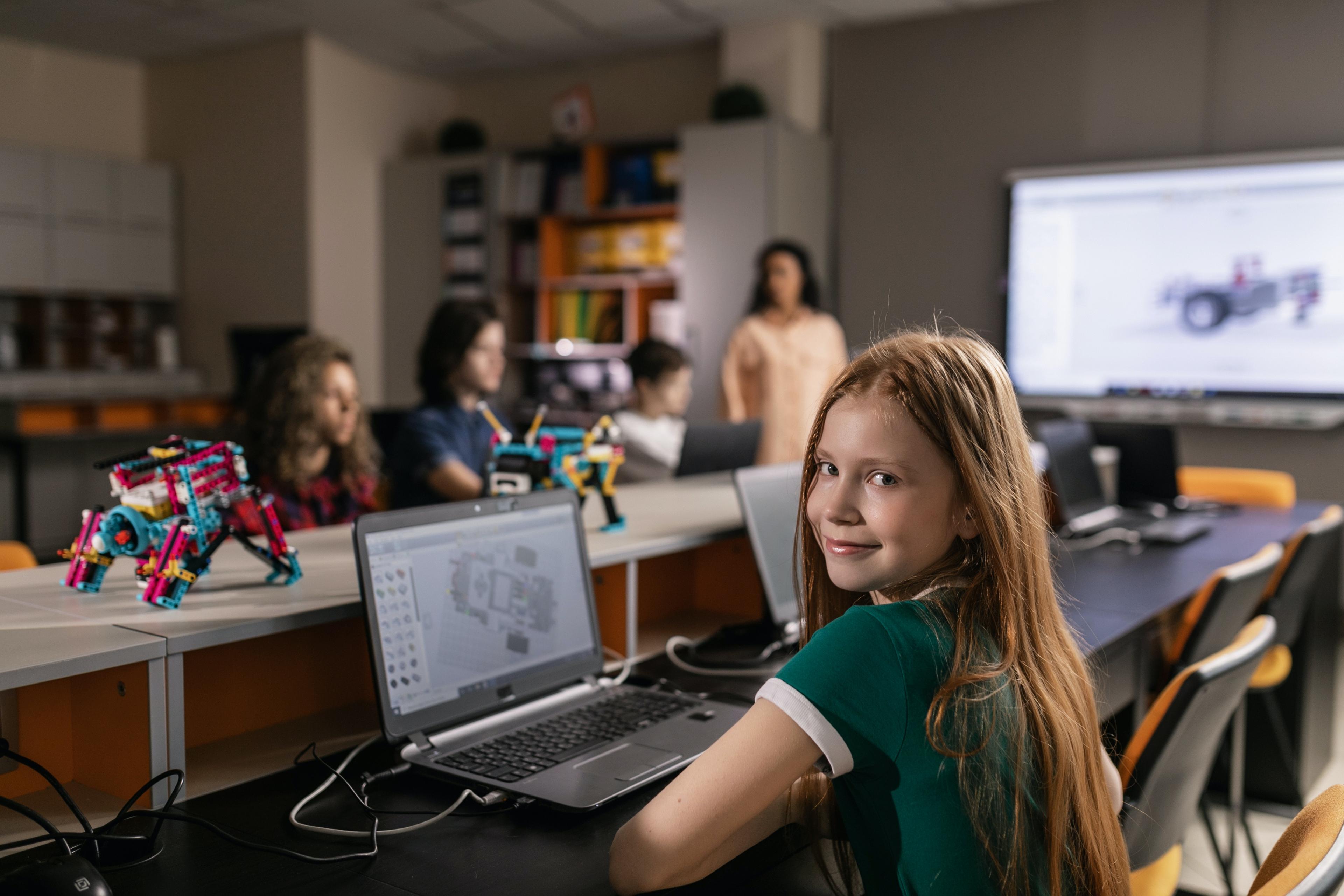


Will Coding Help My Child?
22 June 2023
Coding helps children develop logical reasoning skills and problem-solving. It’s lots of fun and can be used with storytelling, writing and creativity as well as maths. They can see the result of their efforts so it builds their confidence which they can apply to all aspects of life, not just their other school work.
What is coding?
Coding is a method of communicating with a computer. You use the code to instruct the computer to perform certain functions. So coding teaches kids how things work.
Logical thinking
A good coder has logical thinking skills. Computational thinking is when children take a big idea and break it down into smaller steps. They try one thing then another with the chance to be creative. They will be able to design something that is entirely their own and be hugely proud of themselves for doing so. They can pick it up fairly quickly and see results so they gain confidence.
Creativity and resilience
When children design a game, for example using Scratch, they devise a beginning, middle and end as they would in storytelling. By making things make sense in fiction they can make sense of them in reality.
Children learn through trial and error when learning to code. They learn to persist when they try something and it does not work. This is a very valuable lesson they can use throughout life, how to bounce back after failure. They discover that failure is a learning opportunity and build resilience.
Maths
Coding is the language of maths. It involves managing and analysing data. Children use logic and calculation skills while creating a game or animation without realising it is maths yet developing experience with those skills all the time. The maths is applied, so much more satisfying. It helps them visualise maths concepts.
Real life applications
Computers are used in every aspect of modern life so having an understanding of them is an extremely useful aspect for children to have. Whether they choose to go on to work in technology, finance, retail or health, their coding skills will stand them in good stead and increase their job prospects.
Children will encounter computers in all aspects of life, whether it is their smartphone, shopping check-out, traffic light system to cross a road or cash machine. If they know what makes those machines work having designed a programme themselves, they will feel more at home with them and empowered.
Employability
Computer programmers remain in high demand in various industries. The language the children learn is used all over the world. They can use it to change the world.
There is a shortage of skilled programmers in Science, Engineering, Research and Technology. Many of these jobs command high salaries. So learning to code helps future-proof your child's job prospects.
Most of all, learning coding benefits children on a personal level – it enhances their creativity, improves their problem-solving ability, and is a fun and satisfying activity for them to take part in.
